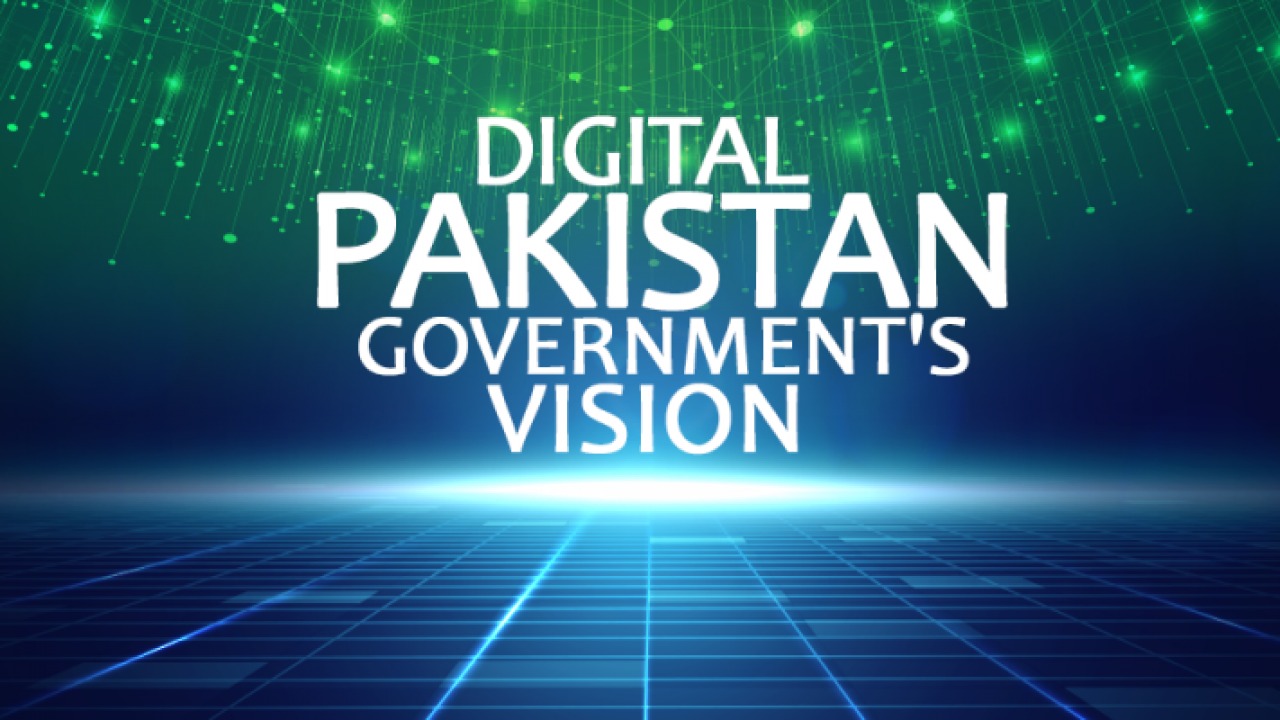What is being done and planned throughout the country
While passing through an era of scientific inventions, information and technological developments and initiatives for digitalization, Pakistan is also making more or less accelerated activities and efforts for its digitalization at the earliest in an attempt to keep pace with fast developing countries around the world.
According to information gathered from official and other sources concerned performance wise , as of March 2021, there were more than 4641 IT/ITeS (Information Technology Enabled Services) companied registered under PSEB.
Under the DigiSkills programme being executed by Ignite, till recently, more than 1.5 million students have been trained in various IT courses. The total earnings by freelancers were expected to cross US $ 350 million by the end of financial year 2020-21. Besides, in the National Incubation Centres (NICs) established in five cities across the country, around 650+ start-ups/incubates were busy in developing various marketable innovative products and services.
In telecommunication sector, as of March 2021, cellular tele- density had increased from 79 per cent to around 85 per cent. The 3G/4G broadband services subscribers had further increased from 81 million to 98 million.
Description June 2020 March 2021
Mobile Cellular Tele-density 78.8 per cent 84.68 per cent
Total Subscribers 167.27 million 183.20 million
Total Broadband Subscribers 83.20 million 100.68 million
3G/4G Broadband Subscribers 81.40 million 98.12 million
The federal government during financial year 2020-21 under its Public Sector Development Programme (PSDP), had allocated an amount of Rs 16.8 billion for Information Technology, Telecommunication and Space Technology related projects. Most of the projects were sponsored and executed through the Ministry of Information Technology & Telecommunication with allocation of Rs 6.7 billion and its subsidiary organizations, whereas space technology were executed by SUPARCO with allocation of Rs 5 billion. Additionally, about Rs 5 billion were allocated to Information Technology related projects of various other ministries, organizations which included the Higher Education Commission, Interior Division, Law and Justice Division, Finance Division, Defence Division, Establishment Division and Ministry of Planning , Development and Special Initiatives.
Some of the major projects executed during the period under report financial year 2020-21 in the Information and Communication Technology (ICT) sector are National Freelance Imparted Training Programme all over Pakistan, Feasibility Study for “ Establishment of National Spatial Data Infrastructure(NSDI)”, Establishment of National Centres of Excellence in Cyber Security, GIS and Space Application, Big Data and Cloud Computing, Artificial Intelligence, Cyber Security and Robotics, and Automation, Geospatial Monitoring of Major and High Value Crops and Cadastral Mapping which would bring accuracy and correctness to the land records in the urban centres by conducting comprehensive survey using technology.
As far as current financial year 2021-22 is concerned, an allocation of Rs 13.0 billion for IT/telecom and Rs 7.0 billion for space related projects has been made by the Federal Government under PSDP for financial year 2021-22 attaching high priority to the projects that will add to the development of knowledge-based economy. A sizeable allocation has been made for various projects such as the establishment of Sino-Pak Centre for Artificial Intelligence, Certification of IT Professionals, Blended Virtual Education and enhancing cellular coverage for Gilgit-Baltistan and Azad Jammu and Kashmir.
Work on satellite navigation system and allied space facilities has also been planned to be started during the next year.
In addition, multi-stakeholder innovative projects such as Development of Computer Controlled Fermenters and Production of Bio-Chemicals & Bio-products would act as harbinger initiatives for the agriculture sector, pharmaceutical/drug production, health and nutrition sector thus helping in building an indigenous base for high-tech industrial manufacturing facilities.
Digitalization and improved usage of automated systems in the government departments will ensure better delivery of public services in health sector, education, agriculture, and other sectors of the national economy. Furthermore, introduction of crime analytics and smart policing as well as smart office concepts in the federal government departments would help in creating ‘future of work’ environment.
Other initiatives, such as , Raising Smart Capital through private trading market and establishment of 25 STPs-Phase 1 with an allocation of Rs 605 million would also provide impetus for increasing IT exports, further boost the entrepreneurial ecosystem as well attracting foreign investors and big companies to set up facilities and invest in the IT sector. Thus, the official sources maintained, these initiatives together will lay a strong foundation for sustainable growth in the coming years I terms of increased software exports, job creation and contribution to Gross Domestic Product (GDP).







